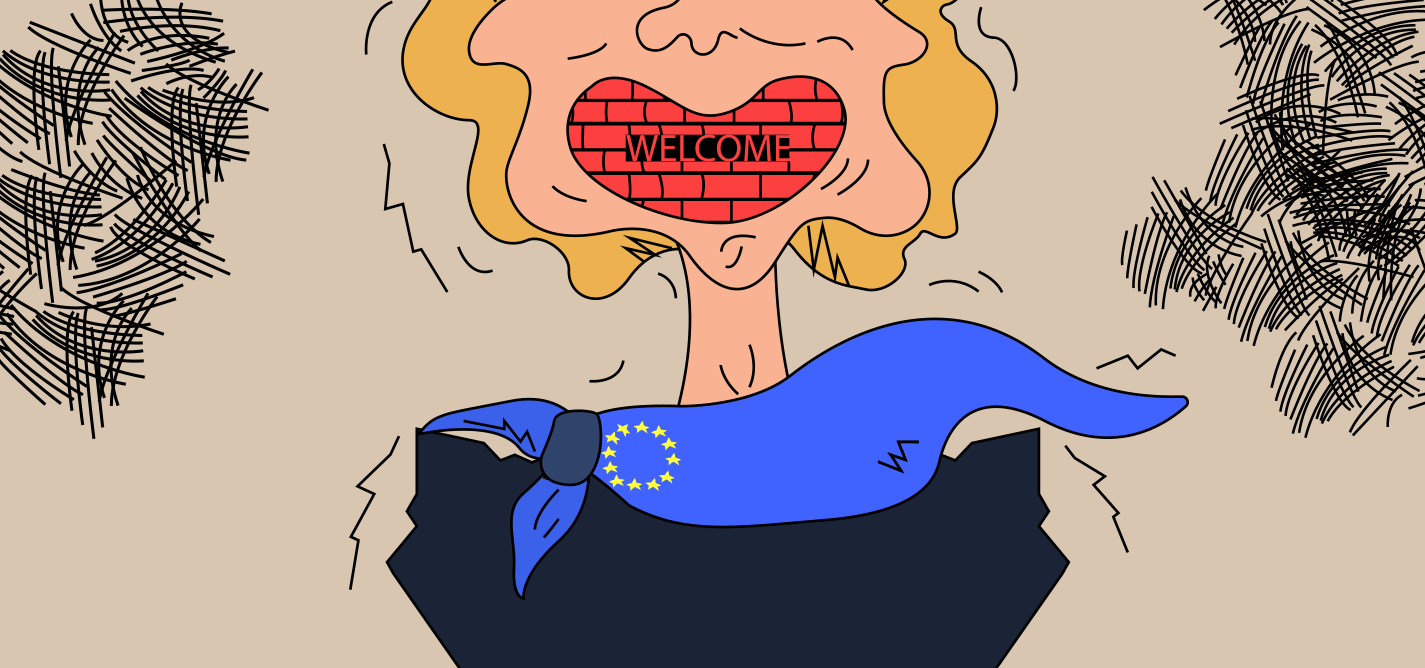
The EU commissioner nominations indicate enlargement is on hold
Is Western Balkan accession a partnership or pipe dream?
Securitizing one way of life vs. another immediately signals that there are “outsiders” and “enemies” to that way of life.
“Brain drain” is mentioned only briefly even though this issue is arguably one that will play the largest role in how demographic changes across Europe are perceived in the coming years.
The current selection of commissioners indicates that the region has not been considered a site of proactive engagement over the next five years.

Dzeneta Karabegovic
Dženeta Karabegović is a researcher and lecturer at the University of Salzburg in the Division of Political Science and Sociology. Her wider research interests are rooted in international and comparative political sociology with a particular focus on transnationalism, diaspora, migration, democratization, human rights, transitional justice, and the Balkans. Her academic work has been published in multiple peer-reviewed academic journals. She is co-editor (with Jasmin Hasić) of “Bosnia and Herzegovina’s Foreign Policy Since Independence” published recently, with Palgrave.
DISCLAIMERThe views of the writer do not necessarily reflect the views of Kosovo 2.0.
This story was originally written in English.